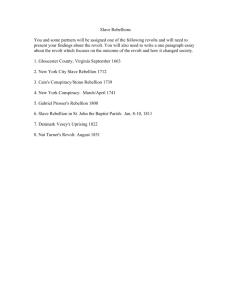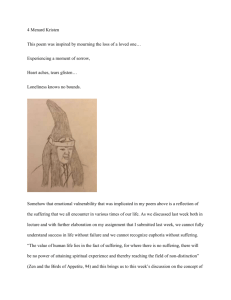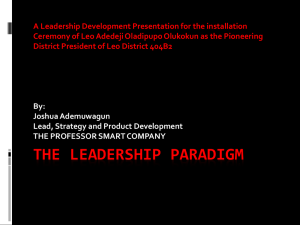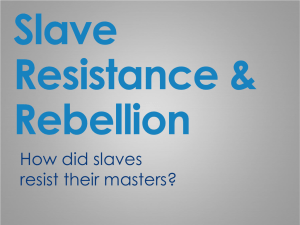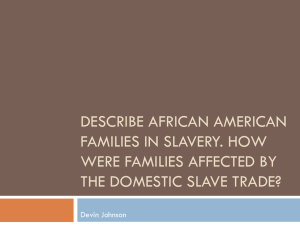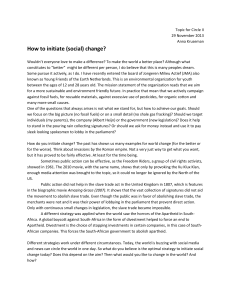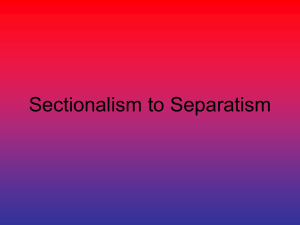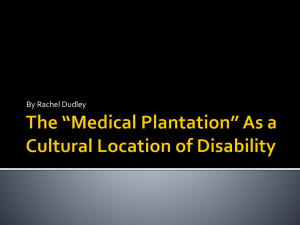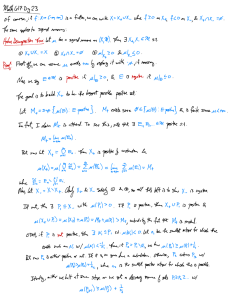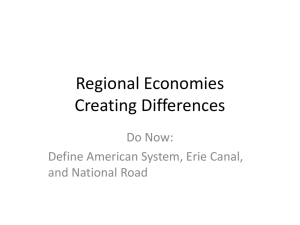Sartre on Situated Freedom
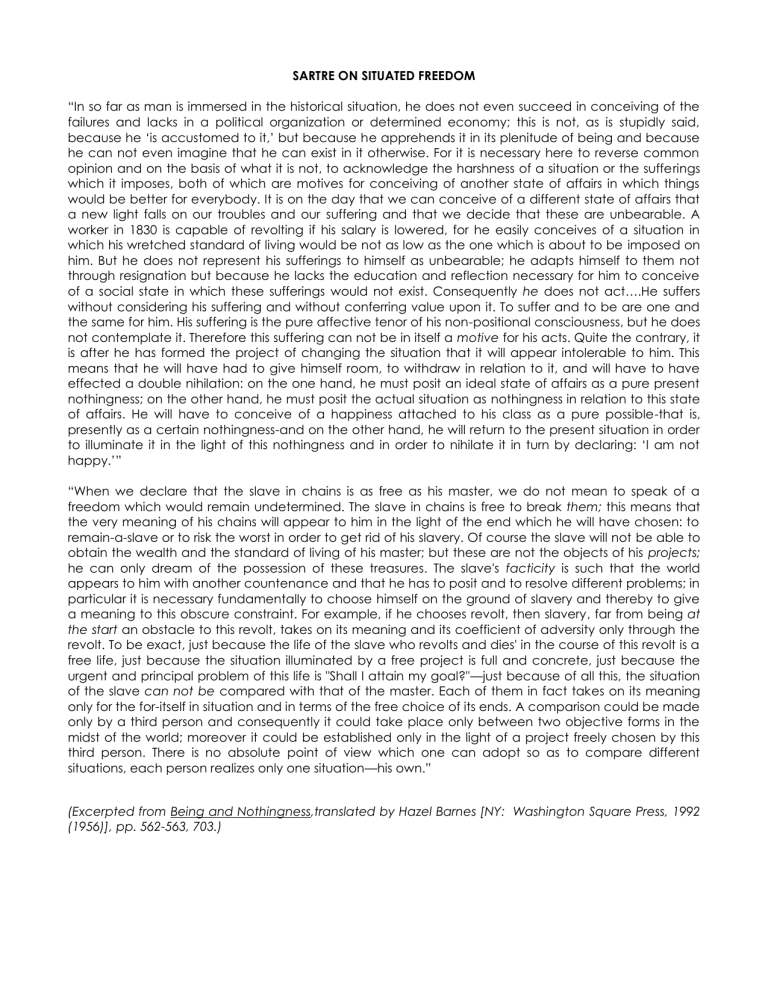
SARTRE ON SITUATED FREEDOM
“In so far as man is immersed in the historical situation, he does not even succeed in conceiving of the failures and lacks in a political organization or determined economy; this is not, as is stupidly said, because he ‘is accustomed to it,’ but because he apprehends it in its plenitude of being and because he can not even imagine that he can exist in it otherwise. For it is necessary here to reverse common opinion and on the basis of what it is not, to acknowledge the harshness of a situation or the sufferings which it imposes, both of which are motives for conceiving of another state of affairs in which things would be better for everybody. It is on the day that we can conceive of a different state of affairs that a new light falls on our troubles and our suffering and that we decide that these are unbearable. A worker in 1830 is capable of revolting if his salary is lowered, for he easily conceives of a situation in which his wretched standard of living would be not as low as the one which is about to be imposed on him. But he does not represent his sufferings to himself as unbearable; he adapts himself to them not through resignation but because he lacks the education and reflection necessary for him to conceive of a social state in which these sufferings would not exist. Consequently he does not act….He suffers without considering his suffering and without conferring value upon it. To suffer and to be are one and the same for him. His suffering is the pure affective tenor of his non-positional consciousness, but he does not contemplate it. Therefore this suffering can not be in itself a motive for his acts. Quite the contrary, it is after he has formed the project of changing the situation that it will appear intolerable to him. This means that he will have had to give himself room, to withdraw in relation to it, and will have to have effected a double nihilation: on the one hand, he must posit an ideal state of affairs as a pure present nothingness; on the other hand, he must posit the actual situation as nothingness in relation to this state of affairs. He will have to conceive of a happiness attached to his class as a pure possible-that is, presently as a certain nothingness-and on the other hand, he will return to the present situation in order to illuminate it in the light of this nothingness and in order to nihilate it in turn by declaring: ‘I am not happy.’”
“When we declare that the slave in chains is as free as his master, we do not mean to speak of a freedom which would remain undetermined. The slave in chains is free to break them; this means that the very meaning of his chains will appear to him in the light of the end which he will have chosen: to remain-a-slave or to risk the worst in order to get rid of his slavery. Of course the slave will not be able to obtain the wealth and the standard of living of his master; but these are not the objects of his projects; he can only dream of the possession of these treasures. The slave's facticity is such that the world appears to him with another countenance and that he has to posit and to resolve different problems; in particular it is necessary fundamentally to choose himself on the ground of slavery and thereby to give a meaning to this obscure constraint. For example, if he chooses revolt, then slavery, far from being at
the start an obstacle to this revolt, takes on its meaning and its coefficient of adversity only through the revolt. To be exact, just because the life of the slave who revolts and dies' in the course of this revolt is a free life, just because the situation illuminated by a free project is full and concrete, just because the urgent and principal problem of this life is "Shall I attain my goal?"—just because of all this, the situation of the slave can not be compared with that of the master. Each of them in fact takes on its meaning only for the for-itself in situation and in terms of the free choice of its ends. A comparison could be made only by a third person and consequently it could take place only between two objective forms in the midst of the world; moreover it could be established only in the light of a project freely chosen by this third person. There is no absolute point of view which one can adopt so as to compare different situations, each person realizes only one situation—his own.”
(Excerpted from Being and Nothingness,translated by Hazel Barnes [NY: Washington Square Press, 1992
(1956)], pp. 562-563, 703.)
